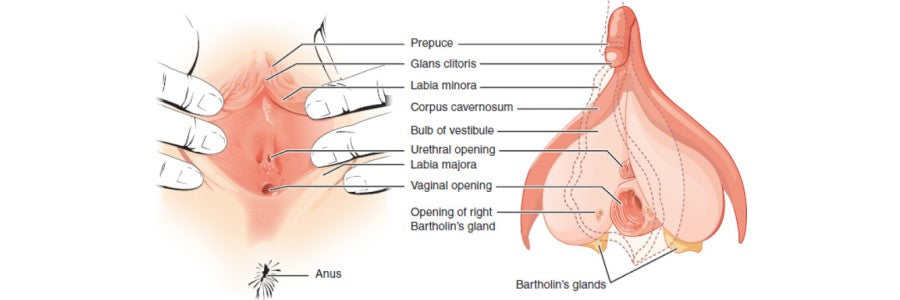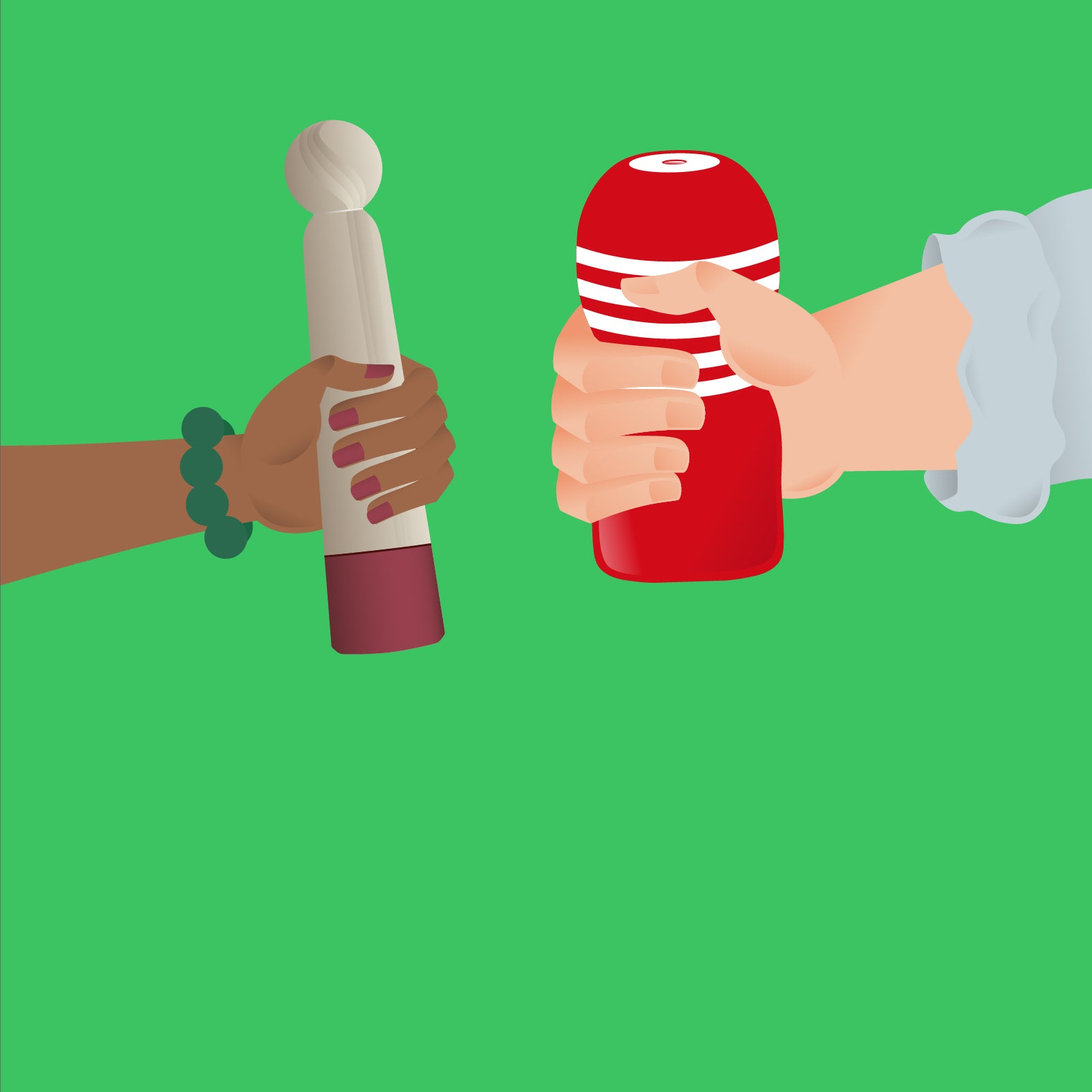
What Are Wet Dreams? Facts About Sleep Orgasms
Wet dreams tend to be something that most people have heard of, but very few people know much about the details surrounding them. may have even experienced them yourself, but even then you may not know exactly why it occurred, and we understand people may find it hard to ask questions out of embarrassment. Most people might even be surprised when they continue having wet dreams or ‘sleep orgasms’ as an adult due to their association with puberty. There’s a lot to know about wet dreams, so keep reading to find out more.
Contents
What Are Wet Dreams?

Wet dreams, otherwise known as sleep orgasms, are quite simply involuntary orgasms someone has during sleep. This can be because of a sexual dream, but it may also happen without arousing dreams also. The name comes from the fact that when men have sleep orgasms, they may wake up with wet bedding or clothing.
Causes of Wet Dreams.

Wet dreams are perfectly natural and, while not something that happens to everyone, is something a lot of people experience especially while going through puberty. For the same reason that during puberty, you'll start having erections at different times of the day - you can even have an erection while you sleep. Semen can build up inside your body and a wet dream is one of the body’s ways of releasing older, built-up semen.
Facts About Wet Dreams.

Here we’ll cover some facts and dispel some often spread misinformation surrounding sleep orgasms.
Wet Dreams Don’t Only Happen During Puberty.
While most prominent during puberty when your body starts producing high levels of testosterone, wet dreams can still keep occurring into adulthood. One of the reasons wet dreams can happen more during puberty because younger boys may not be masturbating or having sex frequently, so the older sperm is released during sleep instead.
They can still keep occurring during adulthood occasionally. Adults can have sensual dreams, especially if they’re sexually active, which may lead to sleep orgasms. In fact, in the US alone, 83% of men experience wet dreams at some time in their life. That said, sleep orgasms do happen more infrequently as you get older. That’s because, unlike during puberty, your hormone levels are in a more balanced state.
Women Can Have Wet Dreams too.
Most people hear about wet dreams and think that it’s an exclusively male thing. This isn’t the case, with women experiencing sleep orgasms just as regularly, at least during puberty. Research even shows that most women will have experienced at least once before they turn 21. Sleep orgasms cause increased vaginal lubrication or wetness during sleep for women, which may be difficult to notice by morning or to even attribute to wet dreams, so it can often be overlooked.
Wet Dreams Aren’t a Sign of Illness.
There is a myth that wet dreams can be a sign of illness or some kind of underlying condition to be worried about. This isn’t true, and in fact, can be the complete opposite. Sleep orgasms are a normal occurrence and may be a sign of healthy sexual functioning as it shows your body is releasing older semen semen safely.
Wet Dreams Don’t Reduce Sperm Count.
Another myth is that sleep orgasms can cause a reduction in sperm count. While having a wet dream can temporarily reduce this number (as any ejaculation would), you should recover to normal levels within the same amount of time as you would after any other sexual activity. Wet dreams can actually help with the natural formation of new, healthy sperm in the body, so it is nothing to be worried about.
If You Don’t Have Wet Dreams.

There are some people who have never experienced a sleep orgasm. This is nothing to worry about. Some people continue having sleep orgasms into adulthood, some only during puberty and some people may naturally never experience one in their lives. This is not a sign of illness or cause for concern, it’s just how your body personally works.
How to Prevent Wet Dreams.

There aren’t many methods you can use to stop wet dreams altogether. After all, they are a natural part of a healthy, functioning body after all. That being said, there are some methods you can try to reduce the frequency, such as using outside stimuli while dropping off to sleep or by thinking of different subjects before nodding off. These methods offer no guarantee of working, however, and may just help take your mind off things in order to get a good night’s sleep.
Summary
Wet dreams, for both men and women, are perfectly normal - especially during puberty. You may experience them into adulthood, frequently or infrequently during puberty or maybe not at all. Your body and sleep orgasms are very much a personal thing and there is no right or wrong. If you ever have any serious worries though, we’d suggest consulting a medical professional who may be able to ease your concerns and give further advice.





